Disappearances in Mexico
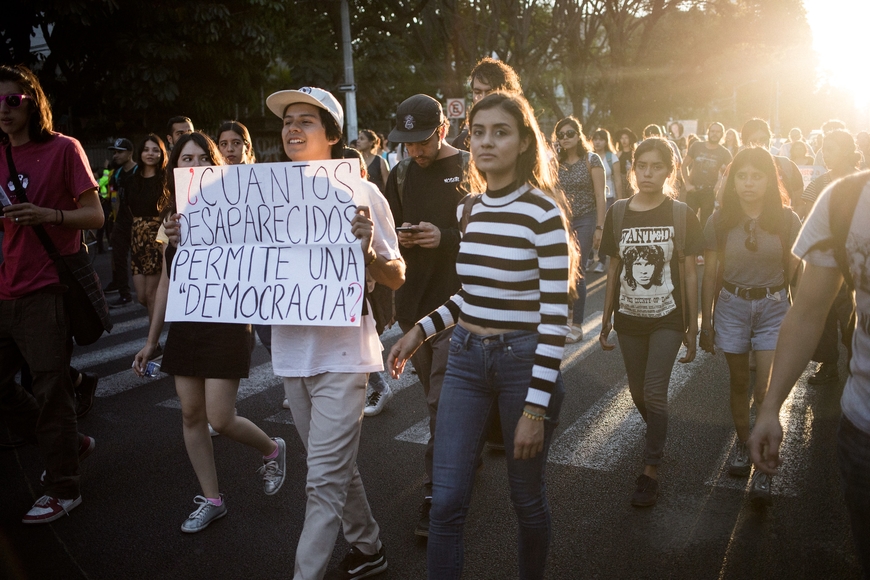
There is a crisis of enforced disappearances of persons in Mexico. The Mexican Government acknowledges that there are more than 80,000 disappeared or missing persons in the country -- a number that literally grows by the day. And the disappearance of each of these persons not only violates their human rights -- to life, to be free from arbitrary detention and torture, and to be recognized by the law -- but this abhorrent act violates the rights of their anguished families and causes deep trauma in Mexican communities. The Mexican government’s own Sub-Secretary of Human Rights, has observed that “México is an enormous clandestine grave.”
The crisis of disappearances has unfolded as part of the larger pattern of criminal violence in Mexico, driven by the activities of organized crime and the involvement, support, or acquiescence of state actors in those criminal activities. Disappearances frequently occur with the direct and indirect involvement of government agents. These state actors may be part of a web of macro-criminality in which they are furthering the ends of organized crime. Even if the state is not directly involved in a disappearance, it has a positive responsibility to prevent and punish the perpetrators and to search for the disappeared.
According to Payne and Ansolabehere, there are four logics that explain the persistence of disappearance in a post-transitional state such as Mexico: its clandestine nature; the construction of a ‘disposable’ person; the political economy utility; and ambiguous loss as social control.
The context of impunity in Mexico has contributed to the crisis of disappearances. Lack of information about disappearances is used to justify the lack of accountability, a breeding ground for unimpeded violence. A close look at these cases, however, demonstrates that government officials seldom investigate disappearances in the timely and effective manner as required by law, or to make even a minimal effort to search for the whereabouts of the disappeared. This may be because of the difficulty of such an investigation or the fear of undertaking one in a context of violent crime. Alternatively, failure to search or investigate has been meant to conceal the involvement of state agents themselves.
Because of the government’s failure to investigate, many families of the disappeared themselves took on the burden of searching for their loved ones. Collectives of family members, such as United Forces for Our Disappeared(FUUNDEC) and Citizens in Support of Human Rights (CADHAC), discussed in this study, became fierce advocates for accountability. After a decade of crimes and mounting numbers of disappearance cases, the collective pressure of families of the disappeared and national and international NGOs led to the 2017 adoption of the General Law on the Forced Disappearance of Persons, Disappearances Committed by Individuals, and the National System for the Search for Persons. This new legal framework led to a more engaged governmental response led by the National Search Commission on disappearances.
Despite the efforts by some branches of the Mexican government to search and investigate, the crisis of disappearances is ongoing.
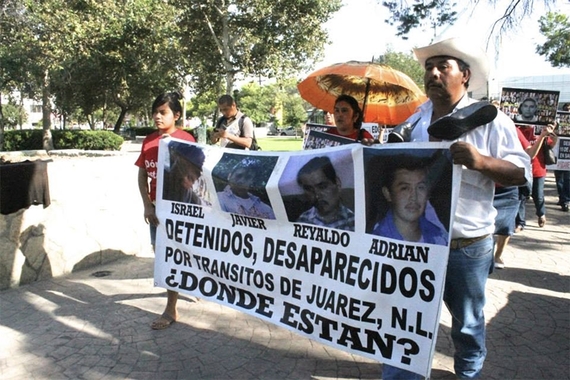
More than 80,000 people have been disappeared since the start of Mexico's "war on drugs" in 2006. While these large numbers give us a sense of the depth of the crisis, it is the stories of individuals who help us to understand the significance of each individual loss. Read more about the faces of the disappeared.
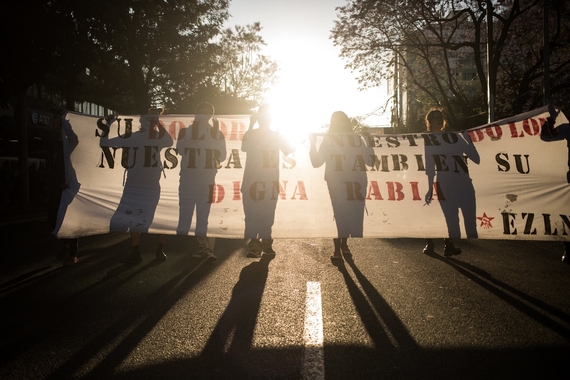
In Mexico, journalists are the targets of violence themselves. While violence against journalists has long been a problem in Mexico, it has become increasingly worse since the turn of the century. Read more about watchdog journalism in action.
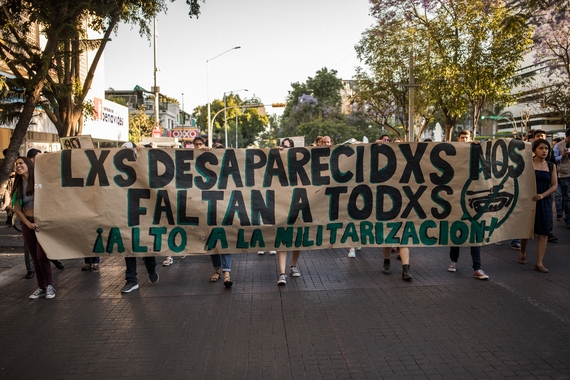
Enforced disappearance is universally and unconditionally prohibited as a human rights violation. It is prohibited under international law in peacetime or armed conflict, and is a crime in the Rome Statute of the International Criminal Court. Read more about enforced disappearances under international law.
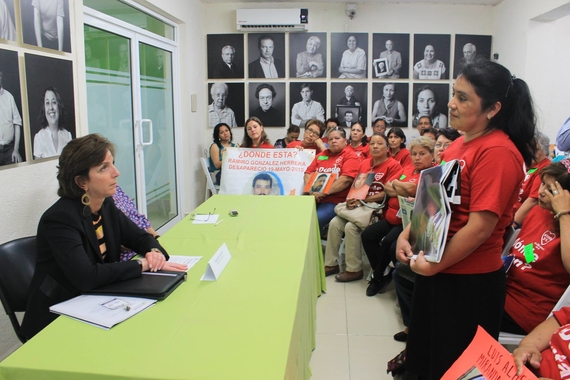
Mexico, a country located in North America that shares borders with the United States to the north and with Guatemala and Belize to the south, is made up of 32 states and a population of 119,938,473 people, as of 2015. While the economy of Mexico places it among the world’s top performers, the quality of life of its citizens is not comparable to that of other wealthy, developed nations. Read more about Mexico.